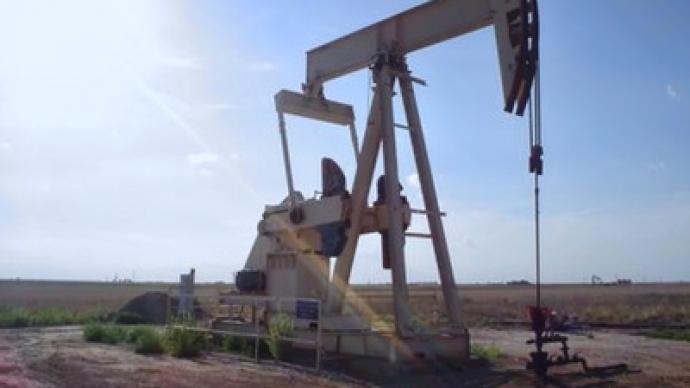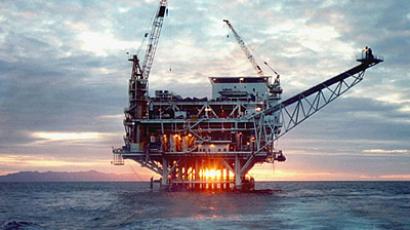Congress grills big oil on subsidies

America’s big-five oil companies were in Congress May 12, and although they champion the free market, their CEOs were on Capitol Hill to defend something very different—$4 billion worth of tax incentives, credits and subsidies.
However, few see Chevron, ExxonMobil, Shell, ConocoPhillips and BP America—who raked in a collective $35 billion in the first quarter of 2011 alone—as the most vulnerable Americans. “I think you’re out of touch, deeply and profoundly out of touch, and deeply committed to sharing nothing,” Sen. Jay Rockefeller (D-WV) told the CEOs. “You’d have an easier time convincing the American people that a unicorn just flew into this hearing room than that these big oil companies need taxpayer subsides, that’s the real fairy tale,” said Sen. Charles Schumer (D-NY). "It just seems frankly that you make a lot of money. That's fine. That's the American way. But it also seems that maybe the subsidies are not necessary anymore," Senate Finance Committee Chair Sen. Max Baucus (D-MT) said.But Conoco-Phillips slammed those who do want to end those subsidies as “un-American” in a press release issued yesterday. “I want to hear from you, do you make those accusations lightly?” Menendez asked James Mulva, Chairman and Chief Executive Officer of ConocoPhillips. “Or did you mean to question my patriotism?”The subsidy-cutting plan would shrink America’s $1.3 trillion deficit by $21 billion over the 10 years. A gallon of gas is currently hovering around $4 dollars a gallon, close to its all-time high of $4.11 in 2008. From Goldman Sachs to BP to big tobacco, parading CEOs before Congress so representatives can grill them generates press—but leads to little real reform. The same oil companies testified in 2008 and 2005 when gas prices spiked, although CEOs then said they didn’t need tax incentives. “Gentlemen, you all have done, as major oil companies, a dramatic about-face this morning," said Senator Ron Wyden. "In 2005 – you were there, Mr. Mulva – all of you said you did not need tax incentives to drill for oil. And today you come to say you've got to have them when oil is at $100 a barrel. I just think that position defies common sense."Congress is expected to vote on the Repeal Big Oil Tax Loopholes Act, which would cut the subsidies and save Americans $21 billion over 10 years, next week. But as one of the biggest lobbying interests in the US, there will be a lot at stake—Chevron paid $12.9 million in lobbying dollars in 2010; ExxonMobil $12.4 million; ConocoPhillps $19.6 million and BP America $7.3 million, much of it going to the same senators who will vote to cut the subsidies next week.














